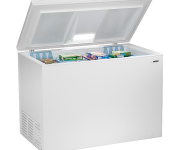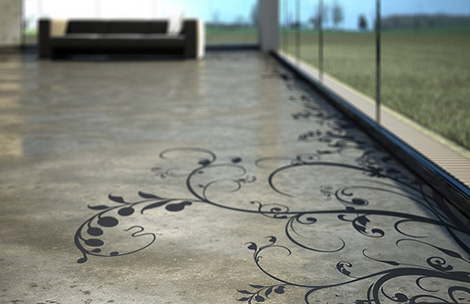2005/2006 Heat Season Begins
..Just wish the gas service to my building had been restored already.
Â
New York City Department of Housing Preservation and Development (HPD) Commissioner Shaun Donovan reminded residential building owners of their legal obligation to provide tenants with hot water year-round and 24-hour heat when the outdoor temperature warrants it.
The 2005/2006 heat season begins on October 1, 2005 and continues through May 31, 2006. During heat season, residential owners with tenants are required by law to maintain an indoor temperature of at least 68 degrees Fahrenheit between 6:00 A.M. and 10:00 P.M. when the outdoor temperature falls below 55 degrees. Between 10:00 P.M. and 6:00 A.M., building owners must maintain an indoor temperature of 55 degrees when the outside temperature falls below 40 degrees.
In the event of a heat deficiency, a tenant should first attempt to notify the building owner, managing agent or superintendent. If heat is not restored, the tenant should call the City’s Citizen Service Center at 311. 311 is open 24 hours per day, seven days per week. The City’s Citizen Service Center can also receive complaints from hearing-impaired tenants via a Touchtone Device for the Deaf TDD at (212) 504-4115.
Here are a few methods of reducing heating requirements and expenses in colder months. ChemRex Treatments to Concrete and Building Exteriors in addition to Low-E Coating products designed to reduce the ability of a wall surface to gain and lose heat, saving energy in the process (Radiance low-e interior wall finish).
Solar Control Glass or Solar Control Film: Before you buy, here are some questions for you to ask (and get answered).
- How clear is it? Ideally, it would block all the bad stuff and be perfectly clear. In reality, look for about a 70% daylight transmission.
- How much heat does it block? Look for a shading co-efficient of .50 or lower.
- Does it require special care? The best kinds of film don’t— they can be washed normally. You want that, even if it costs more.
- What is the guarantee? It should have one. The best have two, one from the maker and one from the installer. Expect at least 10 years.
- Does it block UV radiation? If it doesn’t it will allow interior items to fade — make sure yours does.
- Does it insulate? Some kinds of film actually do reduce heat loss through the glass. If your area gets cold as well as hot, ask about this.
- Where can it be applied? You want film that works on both windows and doors, on both single and double pane glass.
- What’s the payback? Yes, using computer simulations, your vendor should be able to compare the building’s shape, position to the sun, HVAC system, and other factors, and actually provide you with an accurate payback term. Ask.





